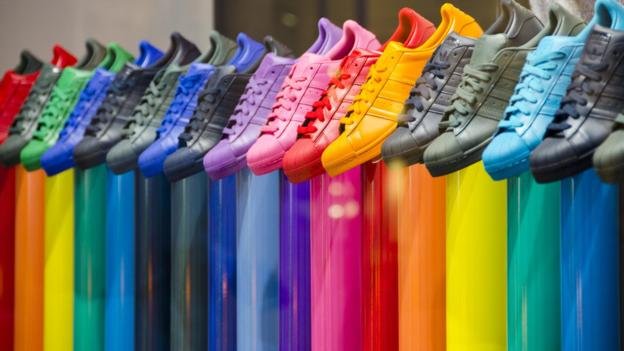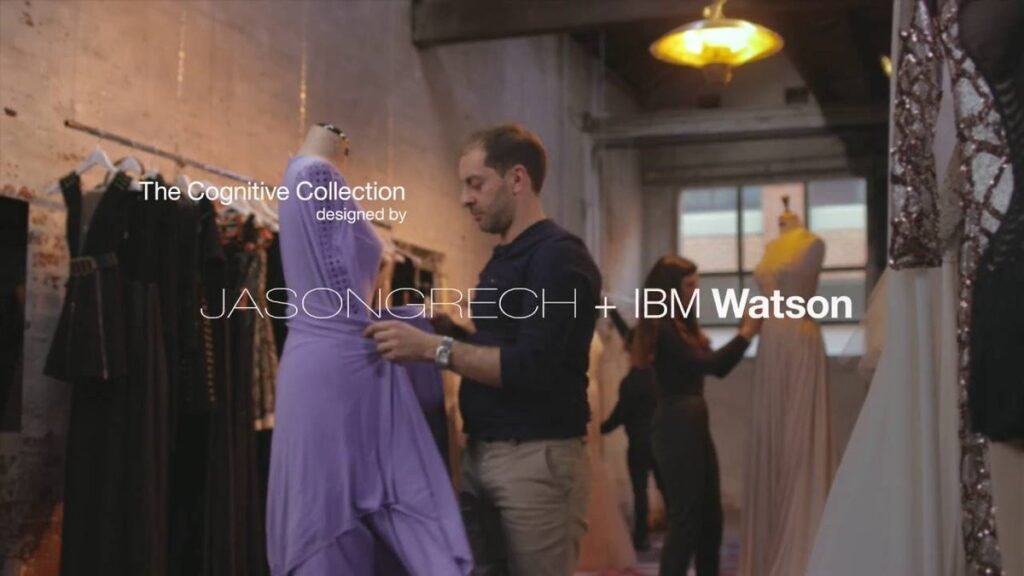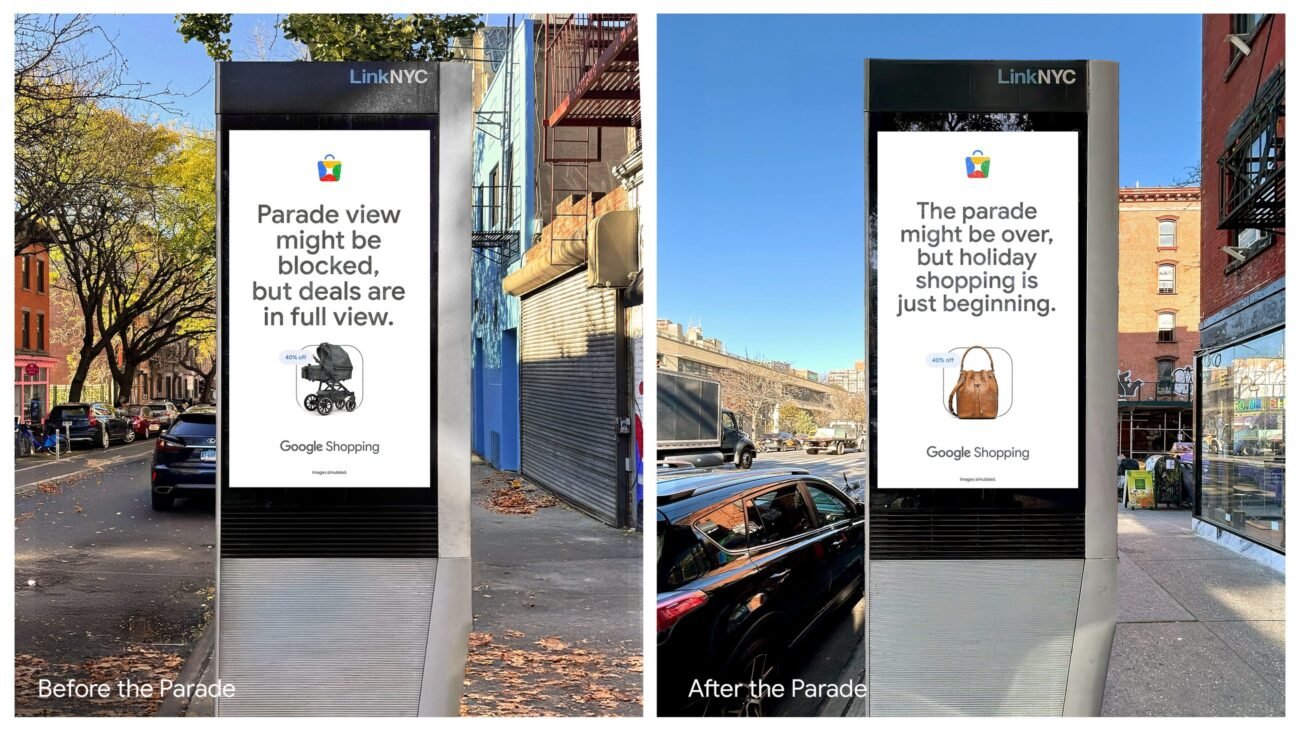IBM Watson Helps Retailers Get Personal
Cognitive computing is enabling retail businesses to deliver smart solutions for their customers. Forget the shopping centre spruiker trying to sell a product that’s completely useless to you, even at a “whopping 50% off, but only

Cognitive computing is enabling retail businesses to deliver smart solutions for their customers.
Forget the shopping centre spruiker trying to sell a product that’s completely useless to you, even at a “whopping 50% off, but only for the next hour”. The cognitive era of retail is set to help us shop for what we want, when and where we want it.
Cognitive computing will touch every aspect of the retail experience, from the design of products – even high-end creations such as designer dresses – to the shopping experience itself.
Intelligent engagement platform Satisfi has created a digital shopping adviser for American retail giant Macy’s that lends personalised assistance at the point of purchase. Powered by IBM Watson artificial intelligence technology, the tool helps shoppers navigate Macy’s 870 stores by department, brand and product category from their smartphone.
Since Macy’s On Call launched in June 2016, shoppers have been able to walk into a store and get a notification from the Macy’s app asking if they would like help. Customers can type or speak a question, and the AI assistant will write back an answer, in either English or Spanish.
“It’s the information that you’d typically go and search out somebody for when you enter the store,” Satisfi CEO Don White says. “‘I’m trying to find a pair of denim jeans for my son’, Where are the latest handbags?’ or ‘show me what’s on sale!’”
White says the speech component of retail AI needs to address the challenge of accents, slang and noise in the room, but that it is “absolutely the future”.
“People want to talk in their natural language and Watson can speak with certain local idioms so it can really be down to earth,” he says.
“We’ve launched Spanish but we see that as the very beginning of Watson enabling us to serve probably 20 different languages in the next period.”
Here to serve
Macy’s and Satisfi worked hard to get the “voice” of the system right, catering to the nuances of language that can sometimes be lost in translation.
“That technology really enables the experience to be personalised and comforting, so that even if you can’t find someone to speak your language you have an automated self-service that does,” White says.
For example, the AI assistant is able to use information about age, personality and fashion taste to distinguish between two different Macy’s customers looking for runners. One may say they’re looking for “sneakers” and the other for the more trendy “sweet kicks”.
“They’re the same thing but not the same thing,” White says. “‘Sweet kicks’ means fashion, typically for young adults and teenagers, not walking sneakers, so these are the insights that can be drawn to provide the right solution.”
It “learns” shoppers’ individual preferences and uses its “language funnel” to distill the right product information from the store’s inventory.
The advantage of computer-driven assistance is that it’s neutral and stable in a way that humans simply can’t be. “The AI provides a consistency in how it responds and how it engages, however it will never replace the people element of retail,” White says. “Where I think people add value that the AI currently cannot, is in offering an external opinion.”
So while the technology can pick out five styles for you, only a staff member will be able to help you decide which one to buy. And because the technology provides the shopper with things such as location services, that staffer has not had to spend their day giving bathroom directions or basic information.
“They haven’t had to deal with a lot of noise at that point – all the menial stuff – and they can just do the fun part, which is helping the customer at the right state of the shopping experience,” White says. “That’s highly transactional.”
Next big thing
In the world of fashion, designers are already using self-learning technology to get ahead of the curve. They are tapping into the “all-seeing” cognitive scope to gain a competitive edge.
IBM worked with Australian fashion designer Jason Grech to predict the next wave of colour and pattern inspiration for his couture. Watson was able to help Grech see what had been done in fashion’s recent past, looking at 500,000 runway images over the past 10 years, to anticipate the next hot look.
“This was where Jason could set a trend rather than follow a trend,” says Fergal Murphy, head of cognitive solutions for IBM in Australia and New Zealand. “Watson advised Jason the impact colour was pastels.”
Grech’s red carpet fashion is predominantly black, so the suggestion of an obscure pastel was initially a challenging proposition for the Melbourne couturier.
“Watson provided all of the evidence base that in the modern fashion age you have to be bolder and make more of a statement,” Murphy says. “The hypothesis was that we needed something brasher. Jason agreed and decided not to play it safe.”
Watson also analysed patterns in emerging architecture synonymous to Grech’s creative style in the structural design of his dresses, including a skyscraper gown with pointed shoulders.
“These physical patterns in architecture were woven into Jason’s dresses for Melbourne Spring Fashion Week and, combined with the new colour palette, the feedback was enormous,” Murphy says.
Trailblazers such as Grech are riding the incoming wave of big data as it shapes a more tailored retail landscape. “Jason Grech is an innovator and was willing to take some risks to change the game in his industry,” Murphy says.
“Watson is helping people do things that they’ve never done before.”
And this could be just the start of how cognitive computing will transform shopping. The prospect is for an even more personalised experience with “embeddables” – implanted microchips – that offer advice and information straight into shoppers’ ears. The retail concierge of the near future may just be a wearable cognitive assistant available 24/7 for your shopaholic pleasure.
Via BBC Future
 English
English







